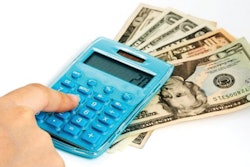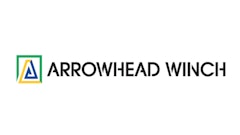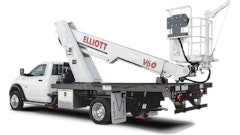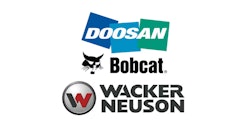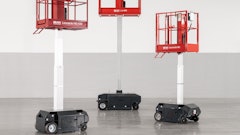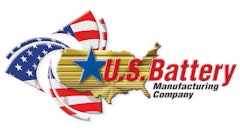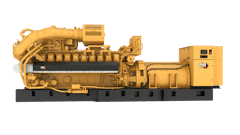While most everyone involved in the day-to-day operation of a business intuitively looks to a revenue statement or a P & L, savvy business owners know the key to a successful business over the long term is the strict discipline of balance sheet management.
Let's take a few minutes to examine why this is so important. The P & L in any business is, at its very best, directional. By this we mean it keeps score and tells you that the operational decisions you make are sound (or not). But in no way does it show the true overall financial condition of the business. A healthy and lean balance sheet is what allows you to grow the business in a manner that provides true stability.
Let's look at three areas where capital can be badly used.
WIP (Work in Progress) - In a rental operation this is closed rental or service tickets. Who in the organization watches this? Is there a policy or procedure for when invoices or tickets need to be closed? If you close 90% daily and the remaining 10% closes in four days, you might think this is good. Unfortunately, that means the profit sector of your business is always at risk, will always be subject to discounts and unhappy customers, and will always affect your cash flow in a negative manner.
The solution: Strive to close every invoice every day.
Customer open accounts and receivables -
- 85% of all outstanding from 0-60 Days (with 65% regularly in 0-30)
- 10% of all outstanding from 61-90 Days
- 5% of all outstanding day 91+
If your outstanding receivables are any different or aged greater than this, act now. Winter is coming and money will be tighter.
The solution: Develop a procedure within your organization to collect now and guarantee the longevity of your business.
Fixed assets - Is everything on the balance sheet truly there? Recently a new COO reported to me he had found $80,000 of excess depreciation due to assets continually being depreciated over the last 18 months which were not even there. The older the business, the more likely you will be able to find "free money" due to either unused or over depreciated assets.
The solution: Eliminate these and free up the cash to be put to better use.
Assign a trusted associate in your organization to be the "balance sheet police," design some type of bonus incentive base upon capital dollars regained, then stand back and watch the magic begin as "found cash" finds a new home in your business.
Questions or comments? Contact Mike Farley at [email protected].





